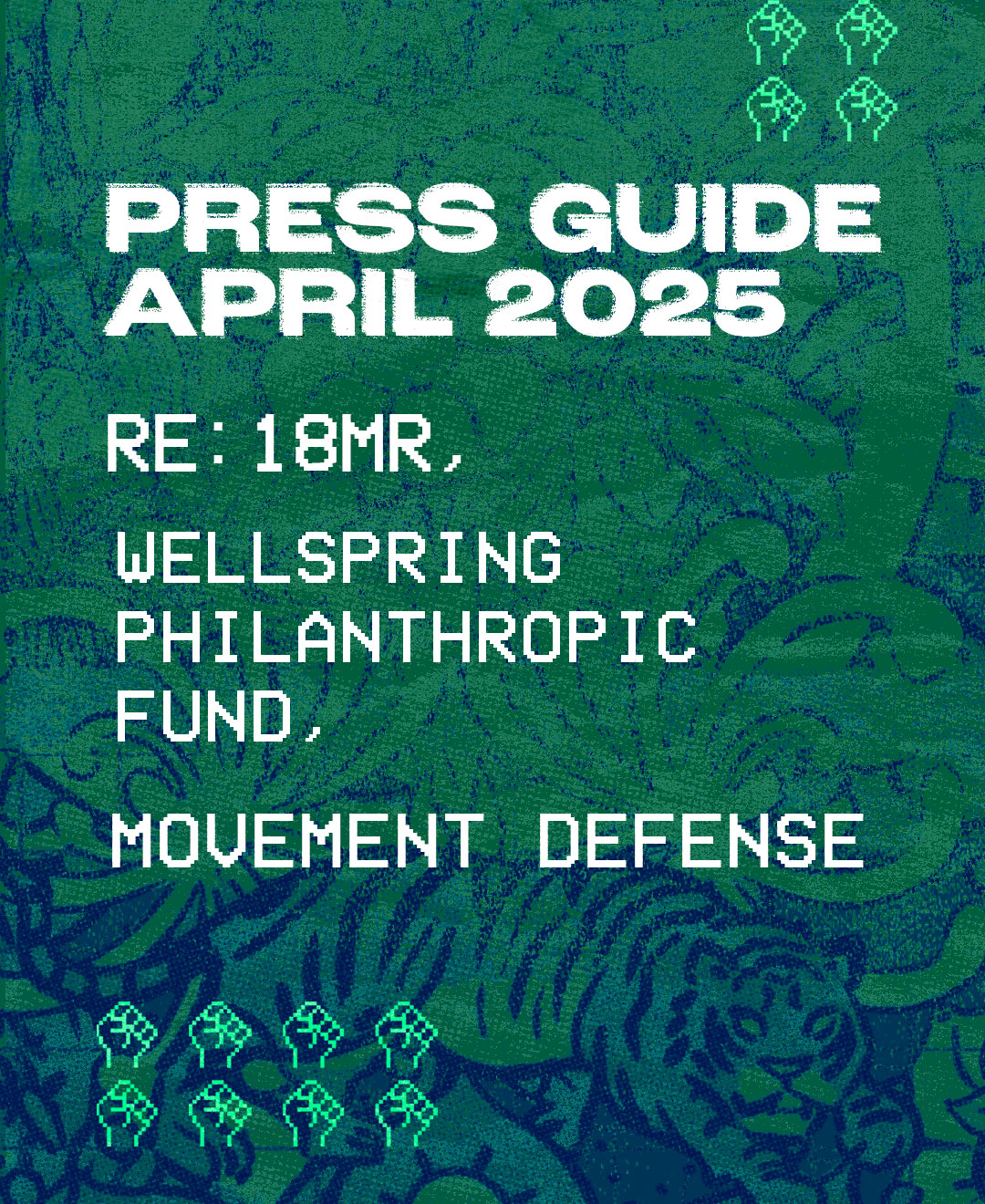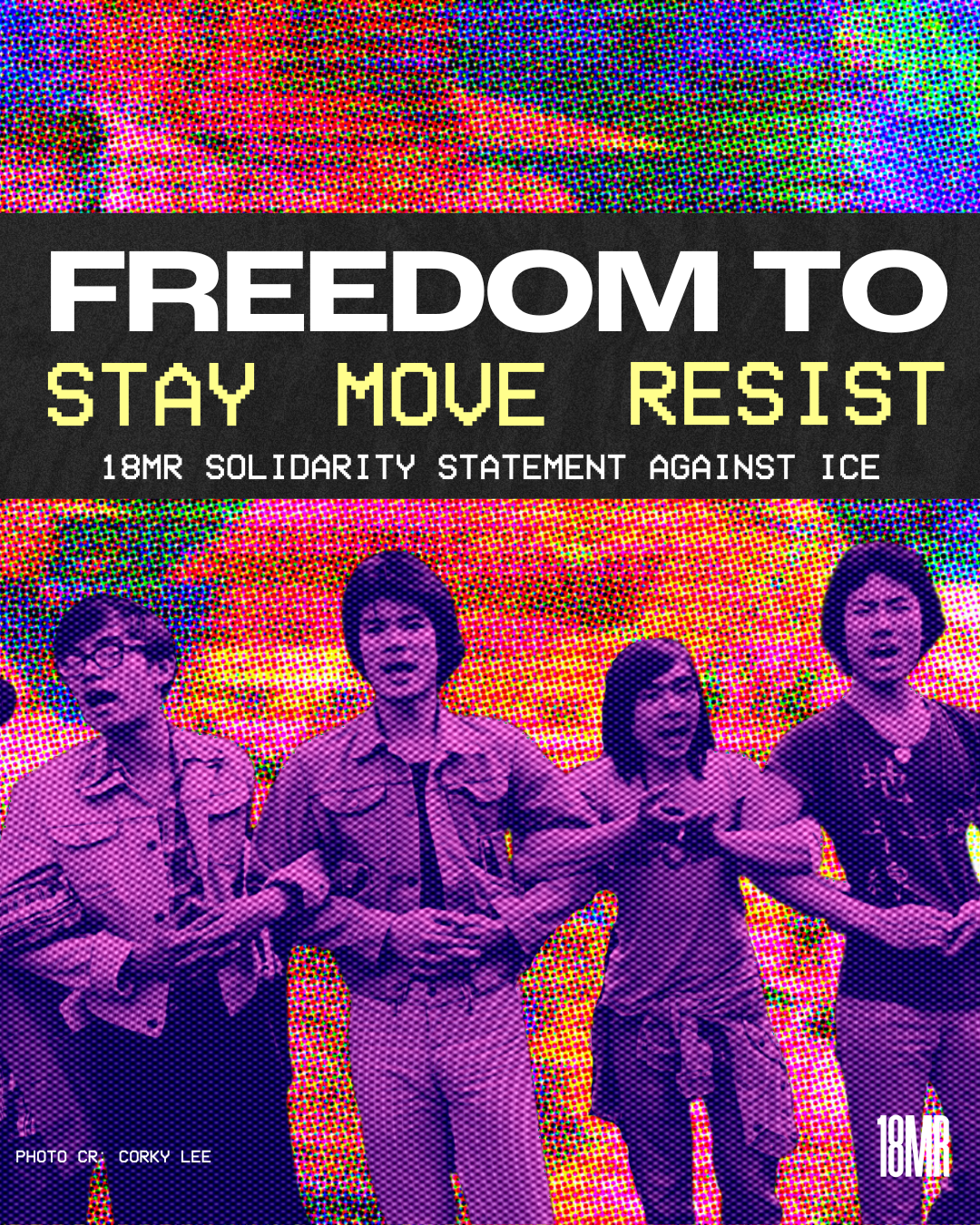May is Mental Health Month and the statistics from the Office of Minority Health should be a concern for the AAPI community. For example: the percent of Asian American students grades 9-12 who attempted suicide is almost 2x that of non-Hispanic whites (CDC: 2009.
Including myself, four members* of APIDC (Asians and Pacific Islanders with Disabilities of California), a non-profit advocacy group, conducted an online survey earlier this year of AAPIs with mental illness for a presentation at a national health disparities conference looking at the intersections of race, ethnicity and disability.
We knew there are a lot of mental health issues among AAPI communities, and wanted to get a firmer grasp of what’s going on with actual people living with mental illness; and their own sense of what’s missing and needed. The survey included a number of topics such as: usage of mental healthcare services, barriers to care based on mental illness or disability, attitudes toward mental illness from one’s AAPI community and recommendations for the mental health field on how to serve AAPIs better.
My training is in qualitative methods, which basically means I love to talk to people and learn first-hand what they experience. In my opinion, talking to people is the first step in any process – whether it’s in a new relationship, to design a program, or create a new policy. I wasn’t sure what to expect, but I was hopeful for some recommendations that would be useful for healthcare providers and AAPI community advocates.
Key Findings: Even with only twenty participants, I was struck by how often cultural attitudes were cited as major barriers to respondents’ ability and desire to seek help (over 50%). Many participants also said negative cultural attitudes within their AAPI community toward mental illness had an impact on their sense of self and social relationships. Those attitudes also contributed to delayed care.
Quotes from Survey Participants: While we can’t say our findings are true for all AAPIs with mental illness, I believe the following quotes from our participants illustrate some common challenges and struggles many AAPIs can relate to, for example cultural attitudes held by family and their community:
_…for me it has been negative. My family would say that I do not love them or is being a good daughter…They turn it around on my internal worth and how I’m affecting them. I am isolated from the rest of my community because I do not feel as though I fit in. It’s a vicious cycle.
My parents don’t really have vocabulary in Vietnamese to apply to mental illness. Either you’re crazy or you’re not. If you’re ‘depressed’ in English, the closest equivalent my parents have is ‘not being grown-up and dealing with life’ in Vietnamese._
In turn, these attitudes impact many participants’ ability and desire to seek help:
I kept it hidden for so long that finally I had reached my ultimate bottom by trying to commit suicide. I had struggled with my depression and suicidal ideation for so long by myself that I didn’t know what else to do to manage it…
I kept it a secret for years. When I told them, I was already getting help and doing much better, yet still my mom treated me like I was making it up or exaggerating the difficulties…Years later, she…still treats me like I am weak and more fragile. It hurts that she doesn’t see my strength or courage in seeking help.
All the comments weren’t so bleak. In fact, some participants talked about how culturally competent mental health providers with an understanding of AAPI cultures helped them with their treatment:
My counselor is also Asian American and she focuses on the cultural nuances of Asian American identity on mental health in our community. I feel like she’s been invaluably helpful and helps me understand how much of our history ties into personal relationships with our family members.
My therapist is sensitive to cultural issues. She understands that I cannot just ignore and let go of my family as my culture focus on family cohesion and cultural dynamics. She helps me find the balance on how to deal with family.
Looking Forward: From this small survey, we learned that AAPIs with mental illness face unique issues that need to be understood and better served by mental health providers, the mental health system, AAPI advocacy groups, community-based mental health organizations, plus all AAPI communities and families.
While there are barriers and challenges facing AAPIs with mental illness, several participants had positive experiences with providers who are trained to understand AAPI cultures or who are also AAPIs. My colleagues and I proposed the following recommendations based on our findings:
- Recruit and retain a diverse, bilingual mental health workforce
- Invest in mental health infrastructure for community outreach to AAPI communities
- Increase spending on educational and accommodation materials in AAPI languages
- Increase research on the needs of AAPIs with mental illness
What else do you think AAPIs can and should do to raise awareness about mental illness in our communities and beyond?
_Guest Blogger Alice Wong is a disabled/Asian-American/news junkie/night owl/advocate/researcher. Find her on Twitter @SFdirewolf
*Authors of the research poster:
- Jean Lin, Outreach Coordinator, Asians and Pacific Islanders w/ Disabilities of California
- Daphne Kwok, BA, Executive Director, Asians and Pacific Islanders w/ Disabilities of California
- Silvia Yee, MA, LLB, Attorney, Disability Rights Education and Defense Fund (DREDF)
- Alice Wong, MS, Center for Personal Assistance Services, University of California, San Francisco
For more a more detailed summary of the survey, contact Alice at alice.wong2@ucsf.edu

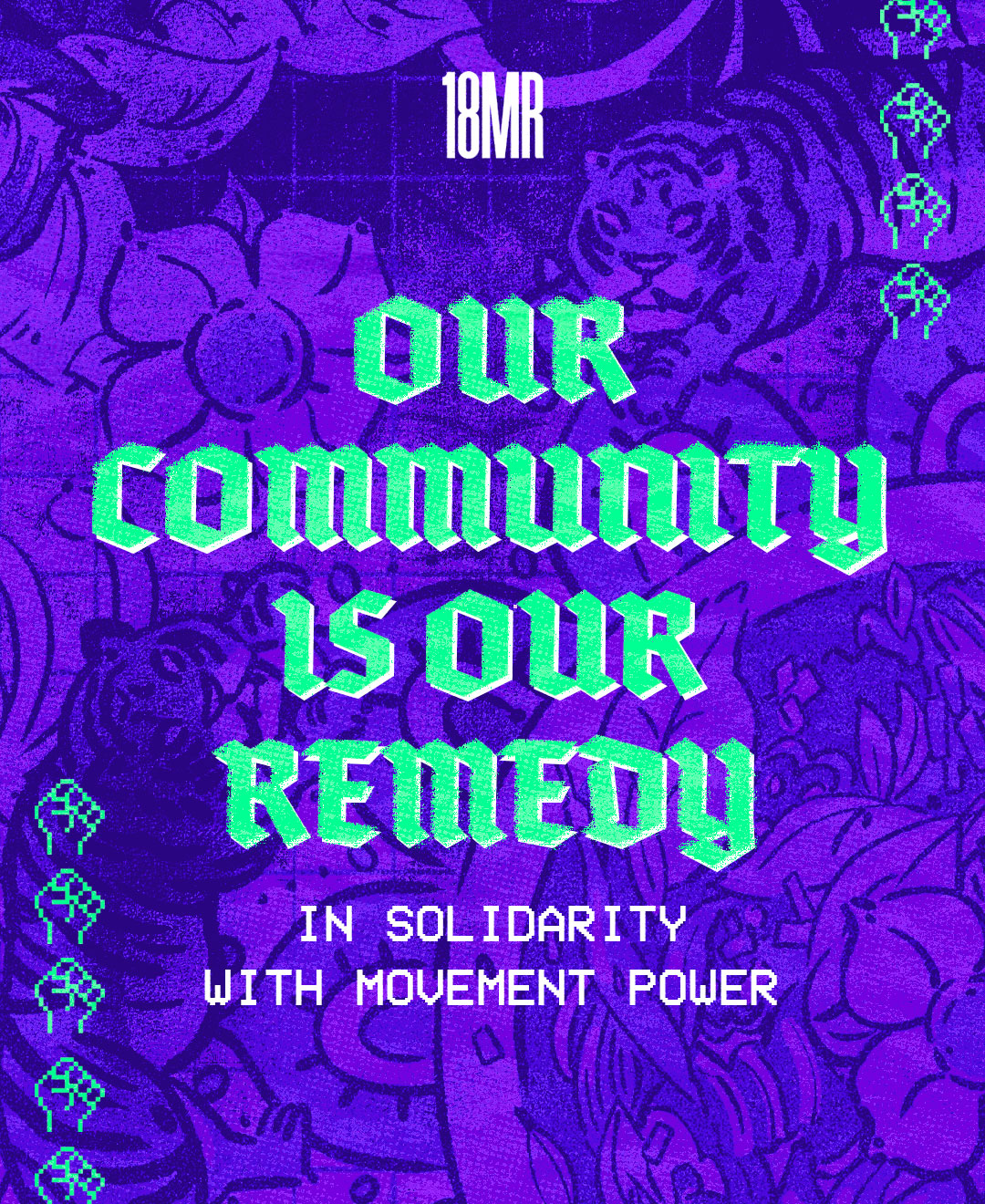
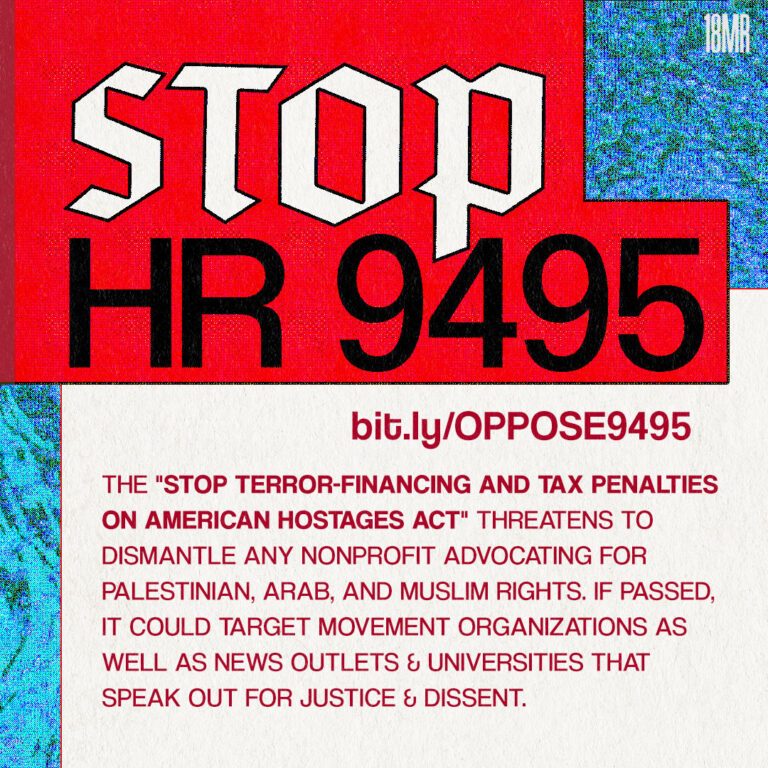
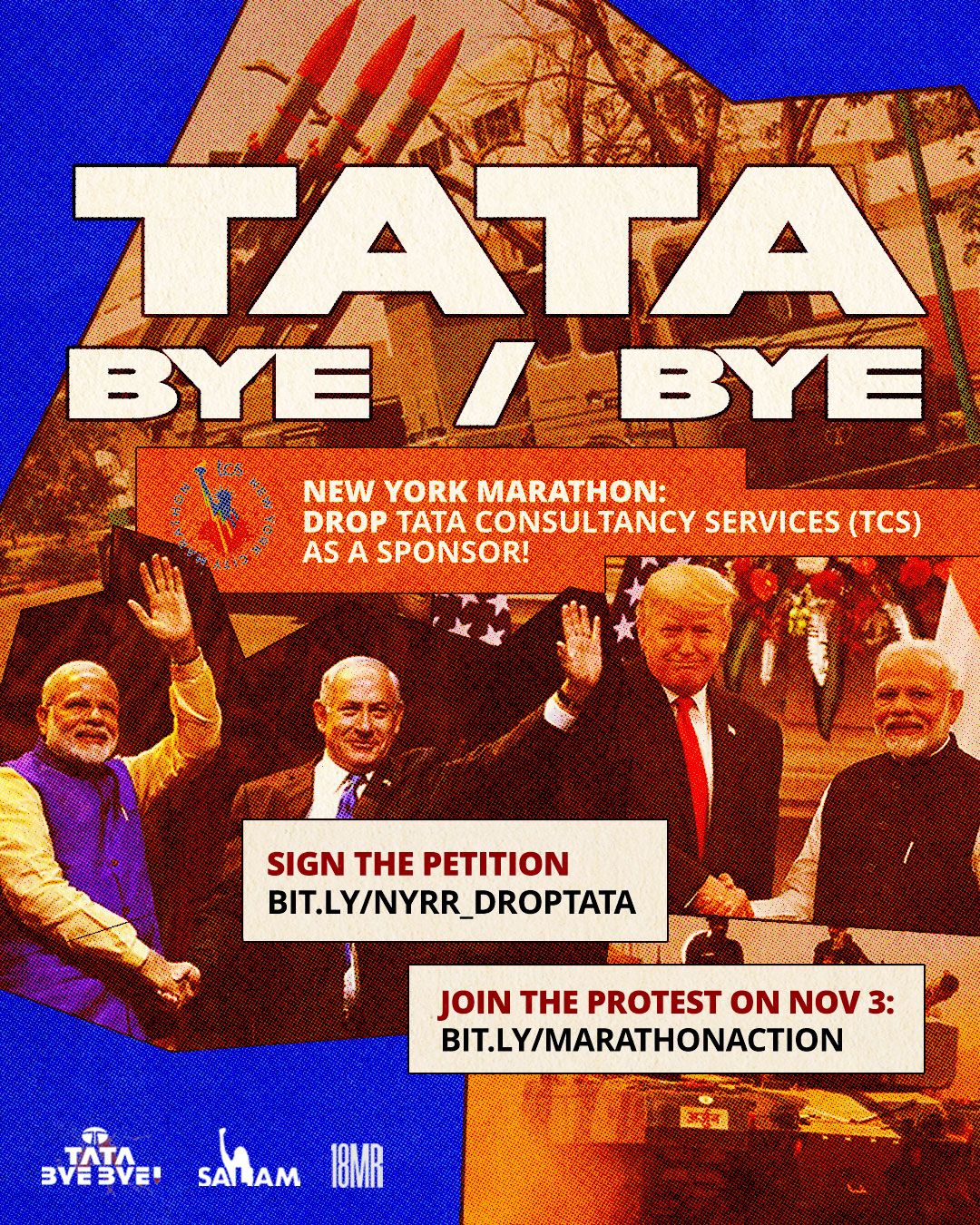

 UPDATE 11/4/24 Download our FREE ZINE for you to print out, fold and distribute to your community. Though the Marathon is over, we still must inform […]
UPDATE 11/4/24 Download our FREE ZINE for you to print out, fold and distribute to your community. Though the Marathon is over, we still must inform […]